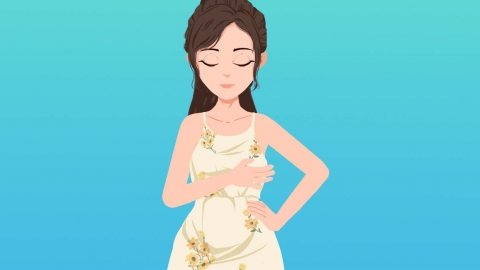Will drinking alcohol during weaning cause engorgement?
Generally speaking, whether drinking alcohol during weaning will cause breast engorgement depends on the specific situation. If any discomfort occurs, it is recommended to seek medical attention promptly. The detailed analysis is as follows:

If weaning has entered the middle or later stages, with a significant decrease in milk secretion and only occasional mild breast fullness or discomfort, consuming a small amount of low-alcohol beverage without adverse physical reactions usually does not directly lead to severe engorgement. At this stage, the mammary gland's secretory function is gradually declining, and brief, mild stimulation from alcohol is unlikely to trigger a substantial increase in milk production. However, it is still important to monitor bodily responses and avoid worsening breast pain after drinking.
If you are in the early phase of weaning, when milk production is still high and breast engorgement is evident, drinking alcohol is not advisable, as it may significantly worsen the condition. Alcohol can dilate blood vessels and stimulate breast tissue, potentially increasing milk secretion. It may also lead to intensified breast pain, hard lumps, and even raise the risk of mastitis.
In daily life, cold compresses can help relieve discomfort from engorgement. Wearing loose, breathable nursing bras and avoiding pressure on the breasts is recommended. Maintain a light diet and reduce fluid intake, especially soups, to minimize milk production. In cases of severe engorgement, consult a doctor for guidance on expressing a small amount of milk to prevent excessive accumulation.




